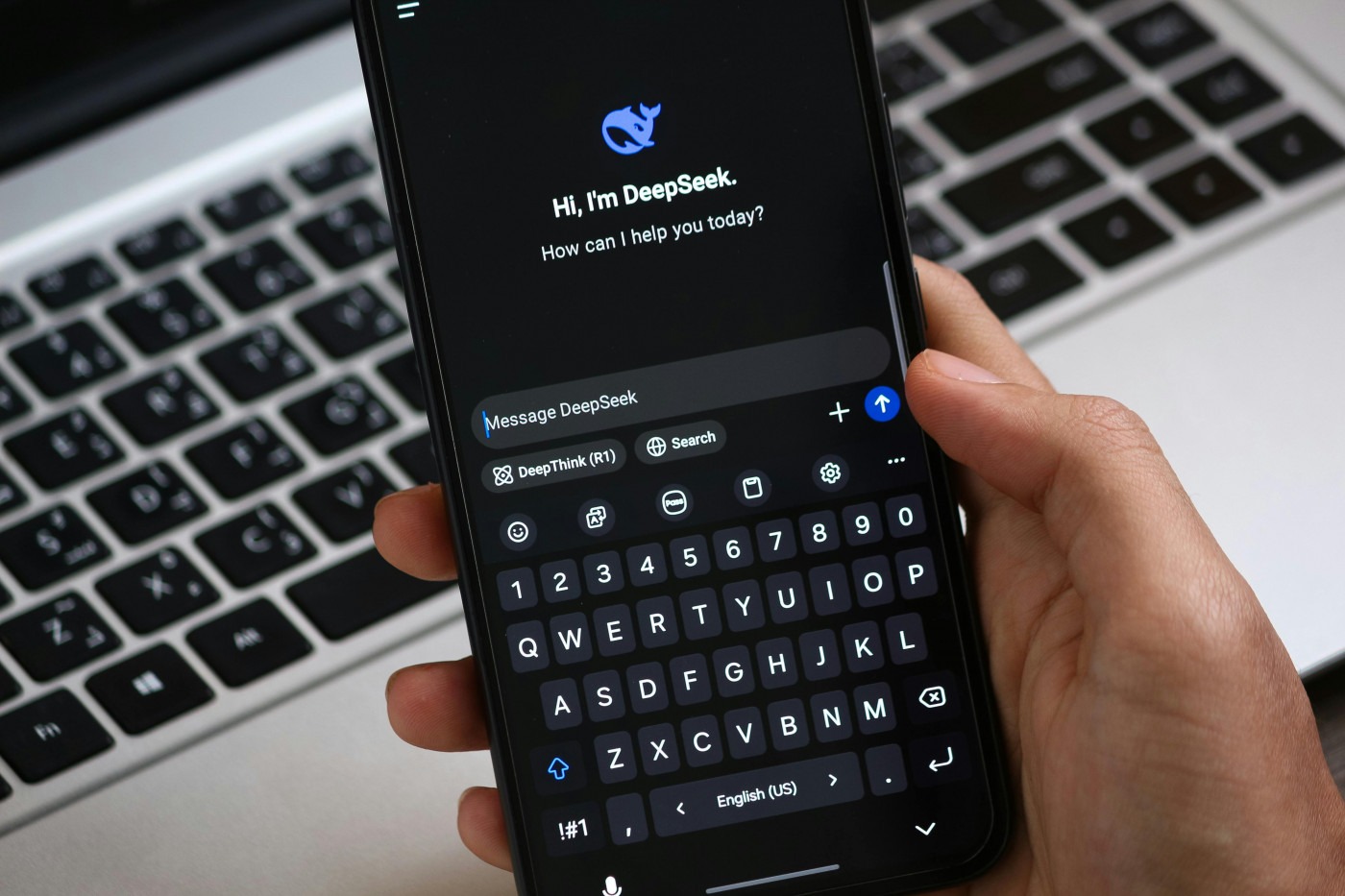Persistence of online exams undermining degree integrity, study finds
A study has highlighted the serious threat to university degrees posed by the persistence of online exams introduced during the pandemic.
Measures imposed during the Covid-19 pandemic have remained common practice for many universities.
These include online examinations, which were used to uphold the degree structure at a time when exam halls posed a risk to student health.
Despite a return to ‘normal’ across universities, such practices have still not been dropped, alongside others like virtual interviews and campus tours.
Times Higher Education (THE) reported data collected by Philip Newton and Michael Draper – academic integrity experts at Swansea University – who found that of the 119 universities which responded to their Freedom of Information requests (FOIs), 78% were still using online exams.
Just 10% of universities who responded to the FOI professed to using a remote invigilation system for all online exams
Of these, 74% of respondents said they did not use any invigilation services, while 26% used supervision or monitoring for some exams, but not all.
Just 10% of universities who responded to the FOI professed to using a remote invigilation system for all online exams
Failure to invigilate has raised concerns over the validity and quality assurance of degrees relying on online exams.
Newton pointed out to THE that it is a “no-win situation”, with universities “telling students ‘you must not cheat’ but then not enforcing the policy”.
“Students are forced to choose – do they cheat, or risk getting lower marks than peers who did cheat, with consequences for employability.”
Newton continued: “This situation is created by universities but is lose-lose for students. It feels to me like actively unethical behaviour by universities.”
Only 60 institutions running non-supervised online examinations have policies or guidance relating to security or integrity, with just 28% of these explicitly referring to generative AI
In the context of the rise of AI bots like Chat GPT, many think it makes sense to review online exam policies.
Only 60 institutions running non-supervised online examinations have policies or guidance relating to security or integrity, with just 28% of these explicitly referring to generative AI.
However, this study may not accurately convey the severity of the problem, as many universities would not provide information due to exams being monitored on a “departmental level”.
This meant that conclusive university-wide data could not be collated.
When questioned on whether they would roll back the use of online exams to combat the above issues, 70% of respondent universities said they had no intention of doing so.
Only two institutions (3%) expressed plans to eliminate them completely, while 19% intended to “scale back” their use.
In a post-pandemic world where virtual practices have remained commonplace, the disconnect between what upholds academic integrity and what is convenient for students is growing.
The University of Warwick itself has vague policies on online examinations, with no explicit reference to direct invigilation despite the use of Turnitin, ‘walk-through’ reflective paragraphs, and “other approaches”.

Comments